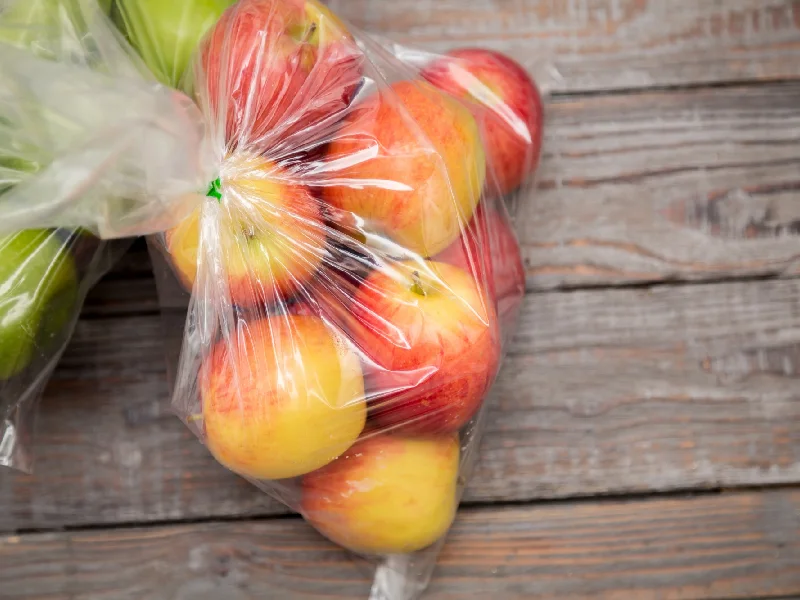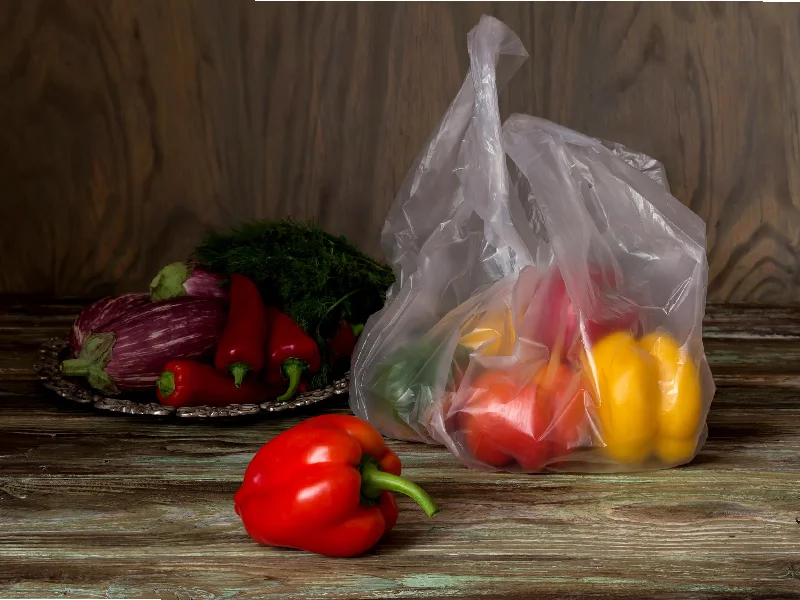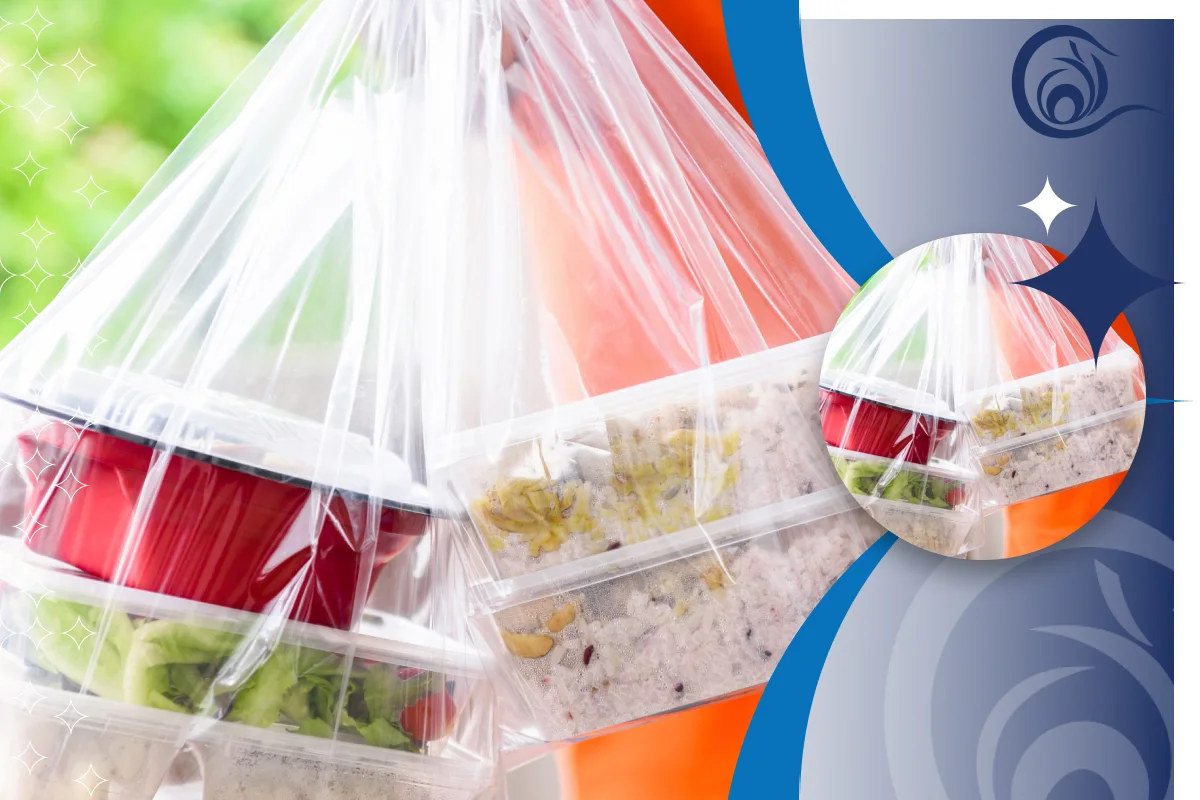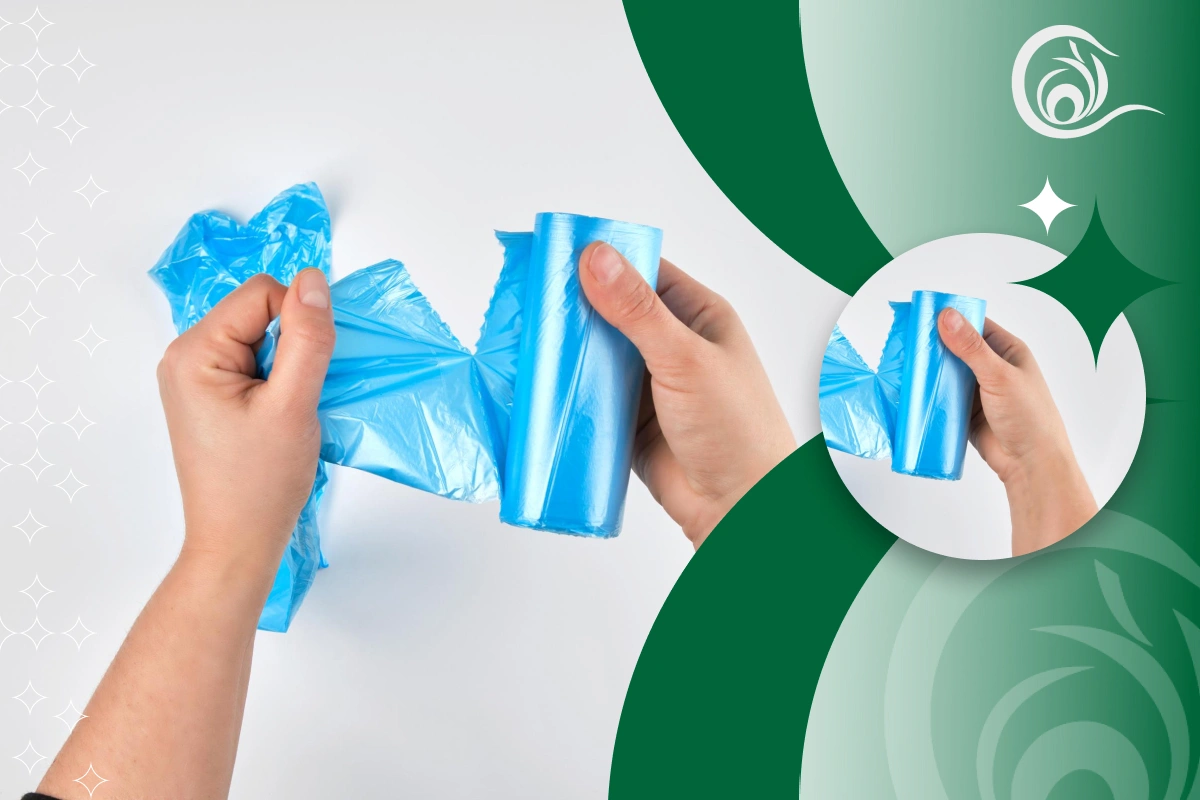In today’s fast-moving market, where brands are fighting hard for customer attention, packaging isn’t just about wrapping a product anymore — it’s a key part of your brand’s identity and a major influence on buying decisions.
Packaging nylon is a flexible, lightweight, durable, and highly customizable material used across many industries — from food and beverage to agriculture, pharmaceuticals, manufacturing, and even e-commerce.
With nylon playing such a critical role in the production and supply chain, understanding current nylon packaging prices has become a top priority for many businesses. Fluctuating raw material costs, currency rates, nylon types and quality, and, of course, your choice of supplier all have a direct impact on the final price you pay.
In this article, we’ll break down what drives today’s market prices — and share some key tips to help you buy smarter and get the best value for your money.
Nylon Packaging Prices in Today’s Market
Right now, nylon packaging prices are a real hot topic for manufacturers, suppliers, and business owners alike. Thanks to its wide range of applications and technical flexibility, nylon has secured a permanent spot in multiple industries.
But here’s the big question: Why do nylon prices fluctuate so much? And what exactly affects the cost?
Here’s a closer look at the main factors:

1. Type of Nylon
The first — and often biggest — price factor is the **type of nylon** you choose. Different types serve different needs:
- Standard nylon film: Best for general, lightweight packaging. It’s usually the most budget-friendly option.
- Bubble wrap nylon: Ideal for protecting fragile items. Prices vary depending on the number of bubble layers (single, double, triple).
- Stretch film: Mostly used for pallet wrapping and heavy goods. Known for its strong elasticity.
- Shrink film: Shrinks tightly around products when heated — great for bundling multiple items together.
Naturally, each type comes with its own price tag, depending on its technical specs and use case.
2. Thickness and Dimensions
You can order nylon anywhere between 30 to 200 microns thick.
The thicker the nylon, the better it resists tearing, stretching, and punctures — and, yes, the higher the cost.
Size matters too: the width and length of the roll or bag you order directly affect the final price.
3. Quality of Raw Materials
The backbone of nylon is polyethylene, which comes in two types: LDPE (low-density) and HDPE (high-density).
High-quality nylon made from pure, non-recycled polyethylene is clearer, softer, and way more durable.
If you’re aiming for premium packaging, know that material quality plays a major role in today’s nylon pricing.
4. Market Fluctuations
In Iran and elsewhere, nylon prices are heavily influenced by external factors like global oil prices, petrochemical raw material costs, and currency exchange rates.
That’s why prices can swing week to week — even day to day.
For accurate budgeting, you need up-to-date market insights.
Pro Tip: Buying directly from a trusted producer like Raga Parsian not only guarantees quality but also helps you cut out middleman costs and get real factory pricing.
What to Look for When Buying Packaging Nylon
Packaging nylon plays a huge role in protecting your goods, especially during storage and transport. Here’s how to make sure you’re getting the right product:
1. Identify Your Needs
First things first: What exactly are you packaging?
- Fragile items that need cushioning?
- Food products that require breathability?
- Industrial goods needing heavy-duty protection?
Knowing your product and its storage conditions will help you choose the right **thickness, size, type, and features** (clear, opaque, printed, etc.).
2. Check the Quality
Not all nylon is created equal.
Look for nylon that’s:
- Smooth and uniform in texture
- Clear (if needed) with no bubbles, cracks, or stains
- Strong under tension and resistant to tearing
Low-quality nylon might save you a few rials upfront, but it’ll cost you more in damaged goods and rework down the line.
3. Compare Prices — Smartly
Today’s nylon prices vary a lot due to material costs, currency swings, and order sizes. Always compare quotes from reputable suppliers.
And remember: cheapest isn’t always best. Paying a little more for better quality often saves money in the long run.
4. Buy from Trusted Manufacturers
- Sourcing straight from well-known manufacturers like Raga Parsian means:
Guaranteed quality - Competitive pricing (no middleman markup)
- Customization options
- Reliable after-sales service
And if you ever need technical advice, you’ll be dealing directly with experts — not third-party resellers.
Why Choose Raga Parsian for Your Nylon Packaging Needs?
With years of experience under their belt, Raga Parsian is a leading name in Iran’s packaging industry. They combine high-quality raw materials with cutting-edge tech to deliver international-standard nylon products.
Here’s what you get with Raga Parsian:
- Wide product range: Standard film, bubble wrap, stretch, and shrink film
- Fair pricing: Direct-from-factory rates without hidden costs
- Expert support: Get the right advice for your packaging needs
- Fast delivery: Quick turnaround to keep your operations running smoothly

Final Thoughts
Nylon packaging prices in today’s market are shaped by product type, thickness, material quality, and market dynamics.
For the best results, define your needs clearly, prioritize quality, compare smartly, and work with reliable manufacturers.
Raga Parsian offers a full lineup of high-quality nylon solutions — helping you protect your products, strengthen your brand, and optimize your costs.
Need a quote or expert advice?
Get in touch with the Raga Parsian team today!



